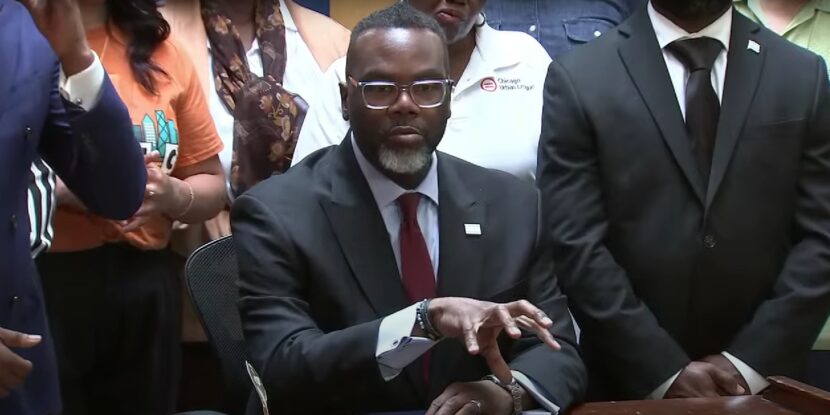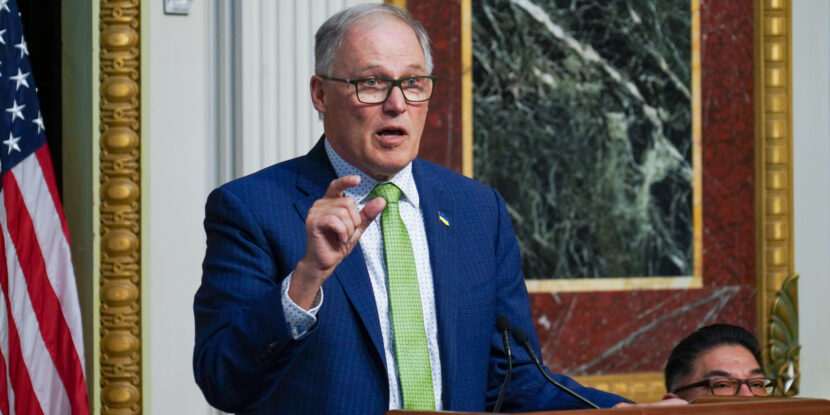❓WHAT HAPPENED: The U.S. Treasury imposed sanctions on Alexandre de Moraes, a justice of Brazil’s Supreme Federal Court, for using judicial authority to target dissent, stifle opposition, and censor speech.
👤WHO WAS INVOLVED: Alexandre de Moraes, U.S. Treasury, and U.S. Secretary of the Treasury Scott Bessent.
📍WHEN & WHERE: The sanctions were announced recently by the Office of Foreign Assets Control (OFAC) and apply under U.S. jurisdiction.
💬KEY QUOTE: “Alexandre de Moraes has taken it upon himself to be judge and jury in an unlawful witch hunt against U.S. and Brazilian citizens and companies.” – Scott Bessent
🎯IMPACT: Americans and U.S. entities are now barred from engaging with de Moraes, with legal consequences for violations of the sanctions.
The U.S. Treasury has imposed sanctions on Alexandre de Moraes, a justice of Brazil’s Supreme Federal Court, for exploiting his judicial authority to target dissent, stifle political opposition, and censor speech. The announcement, made by the Office of Foreign Assets Control (OFAC), highlights behavior that U.S. officials say violates fundamental rights and extends beyond Brazil’s borders.
Treasury Secretary Scott Bessent stated, “Alexandre de Moraes has taken it upon himself to be judge and jury in an unlawful witch hunt against US and Brazilian citizens and companies.” He further noted that de Moraes is responsible for “an oppressive campaign of censorship, arbitrary detentions that violate human rights, and politicized prosecutions—including against former President Jair Bolsonaro.”
The sanctions fall under Executive Order 13818, which expands the Global Magnitsky Human Rights Accountability Act to target foreign individuals involved in serious rights abuses or corruption. De Moraes has been formally identified as engaging in conduct threatening democracy and U.S. interests. Earlier this month, the State Department revoked visas held by de Moraes and his immediate family, citing their connection to unlawful censorship efforts directed even at American citizens.
De Moraes, appointed to Brazil’s Supreme Federal Court in 2017, has become a key figure in the nation’s crackdown on dissent. His influence over investigations has enabled him to order arrests, freeze assets, and direct law enforcement against critics of him or the government. Targets include journalists, political opponents, media organizations, U.S.-based tech platforms, and social media users, including Americans. In one case, he ordered a journalist’s detention for over a year without formal charges, seemingly as retaliation.
OFAC accuses de Moraes of using judicial power for politically motivated repression. His actions reportedly include banning individuals from social platforms, freezing assets, canceling passports, and authorizing raids. Under the sanctions, any property or financial assets linked to de Moraes within U.S. jurisdiction are now frozen, and U.S. individuals and entities are prohibited from engaging with him. Violations of these sanctions could lead to severe legal penalties.
Image by Marcelo Camargo/Agência Brasil.
Join Pulse+ to comment below, and receive exclusive e-mail analyses.




















